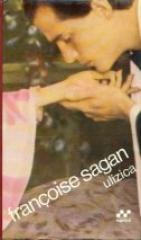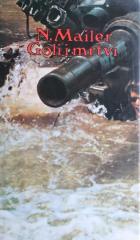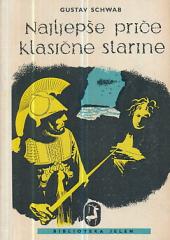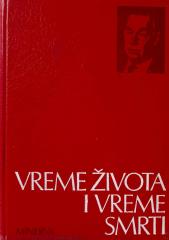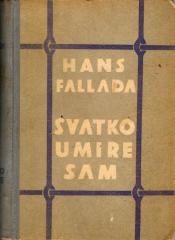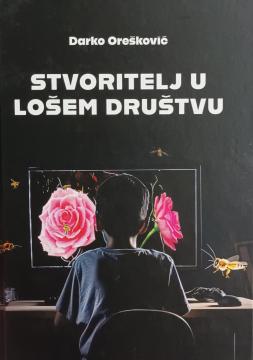
Stvoritelj u lošem društvu
Glavna tema romana Stvoritelj u lošem društvu je otuđenost u suvremenom društvu.
Snažna je to i duhovita kritika i naše sredine. Mjesta i likovi su gotovo prepoznatljivi. I dok su otuđenja iz doba Kafke, Orwella, Sartrea ili Camusa mračna i depresivna, otuđenje u ovom romanu je naizgled poput zavodljive igre. Dovoljno je uključiti ekran kompjutora i zaroniti u virtualni svijet. Istog trenutka umrežen si s čitavim svijetom. Otvaraš stranice s internetskim sadržajem, dopisuješ se s ljudima s najudaljenijih zamislivih mjesta našeg planeta, igraš raznorazne video igre, skakućeš s teme na temu, letiš poput pčele s cvijeta na cvijet. Ali, isključivanjem ekrana ta čarolija i uzbuđenost virtualnog druženja odjednom nestane i ti se pretvoriš u većeg samotnjaka od bilo kojeg Kafkinog lika. A da se to ne dogodi, samo ponovno uključiš ekran kompjutora.
Tako je i s glavnim junakom romana, mladim čovjekom, koji živi uobičajenim i očekivanim životom pripadnika srednje građanske klase, pomalo suhoparno i bez pretjeranih emocija. Škola, diploma, posao, obitelj. Ali uz tu uobičajenu kolotečinu, odlazeći u svijet interneta rađa se i njegov alter ego koji je sve samo ne život visokopozicioniranog službenika u kolotečini života. Gotovo bi se moglo reći da se radi o dva junaka koji žive u odvojenim svjetovima, stvarnom i virtualnom.
Radnja u virtualnom svijetu odvija se poput stripa, a galerija likova nalikuje na junake iz Alana Forda s puno humora, pa i crnog, s puno ironije, pa i autoironije, tako da otuđenost postaje gotovo nevidljiva, a lutanje internetom pretvara se u uzbudljivu avanturu. Kako glavni junak sve češće bježi od relevantnih tema u virtualni svijet, u njemu raste pritisak kao što se povećava pritisak i u Papinovom loncu. Tlak u loncu sve više raste i čini se da je na kraju eksplozija neminovna. Hoće li do eksplozije doći u životu glavnog junaka ili neće, to će čitatelj doznati u ovom romanu. Našeg junaka u stvarnom životu pokreće gotovo sterilna rutina. Svakodnevni odlasci na posao, posjet roditeljima četvrtkom, priče djetetu prije spavanja i pohađanje razno raznih dječjih aktivnosti. Odnos prema supruzi je također površan. Taj prilično sumorni život junaka, prikazan je s puno humora u odnosima glavnog junaka sa svim članovima njegove obitelji.
Kako su virtualni i stvarni svijet dva sasvim različita svijeta, tako je i glavni junak potpuno drugačija osoba u virtualnom svijetu za razliku od osobe u stvarnom svijetu. Koja od tih osoba je stvarna, možda je pitanje koje bi svaki čitatelj trebao postaviti sebi, nakon što završi svoju višesatnu plovidbu stranicama interneta.
One copy is available
